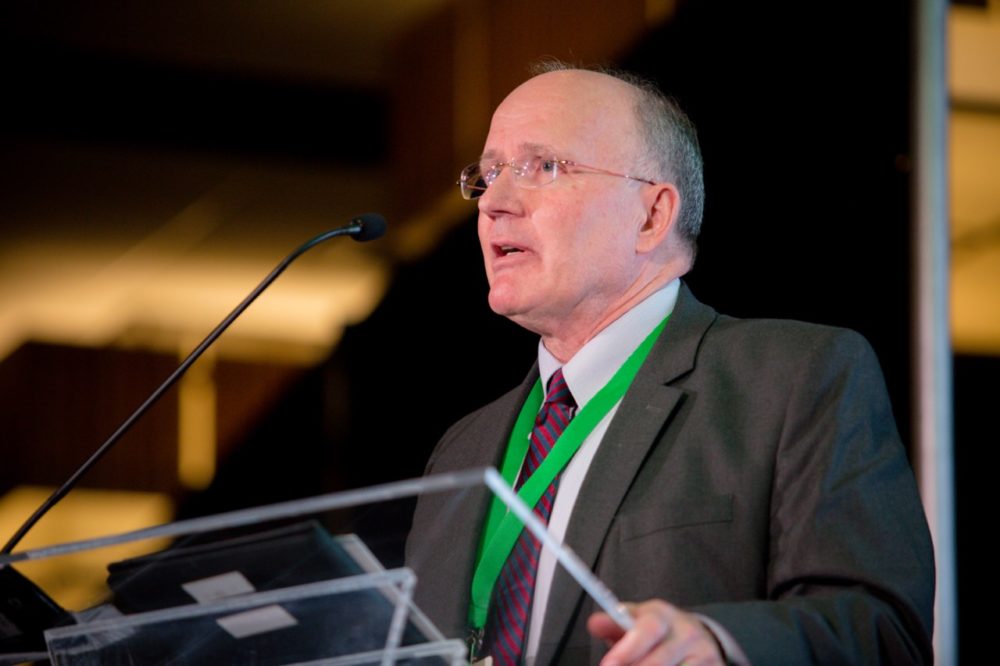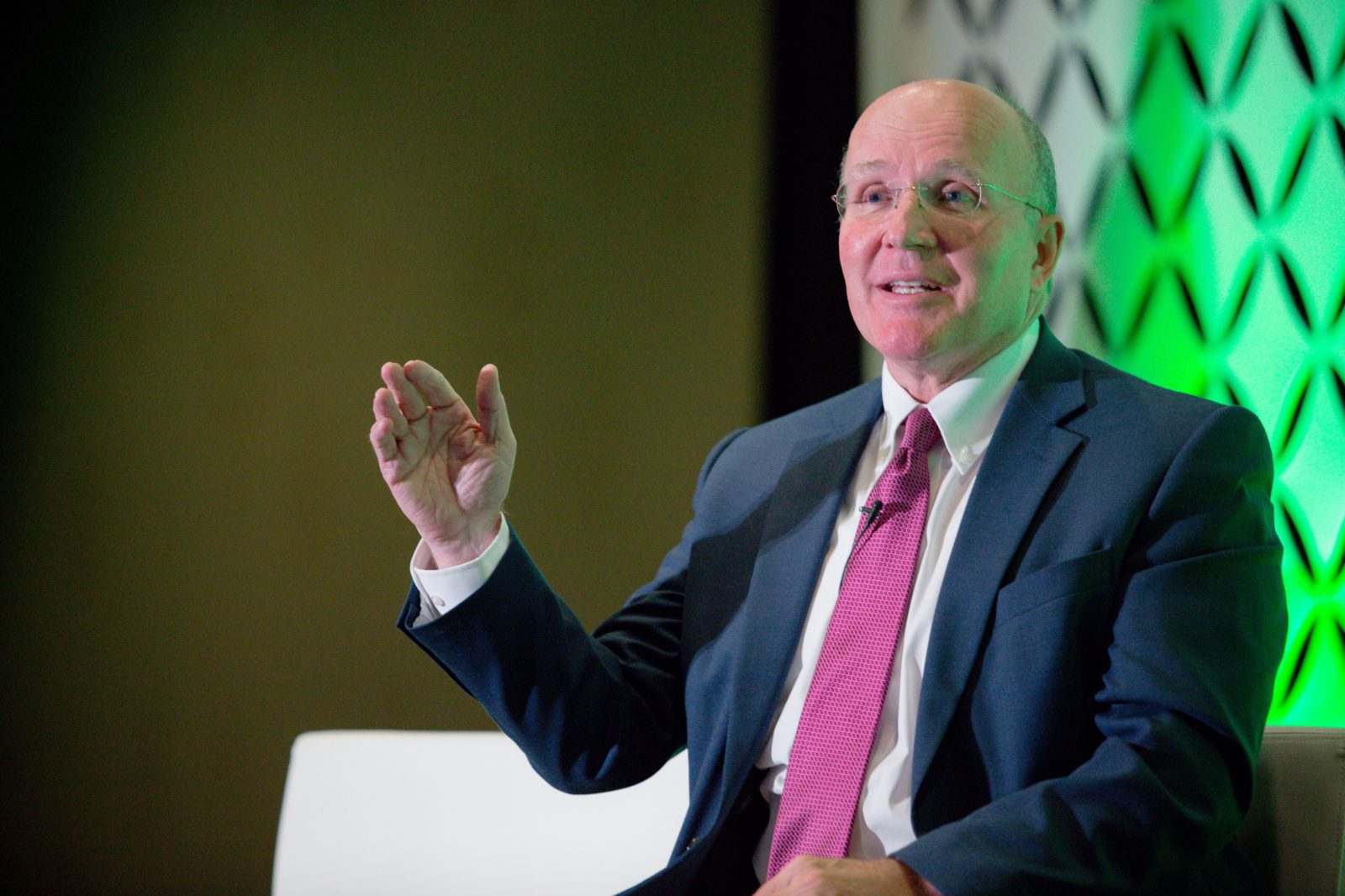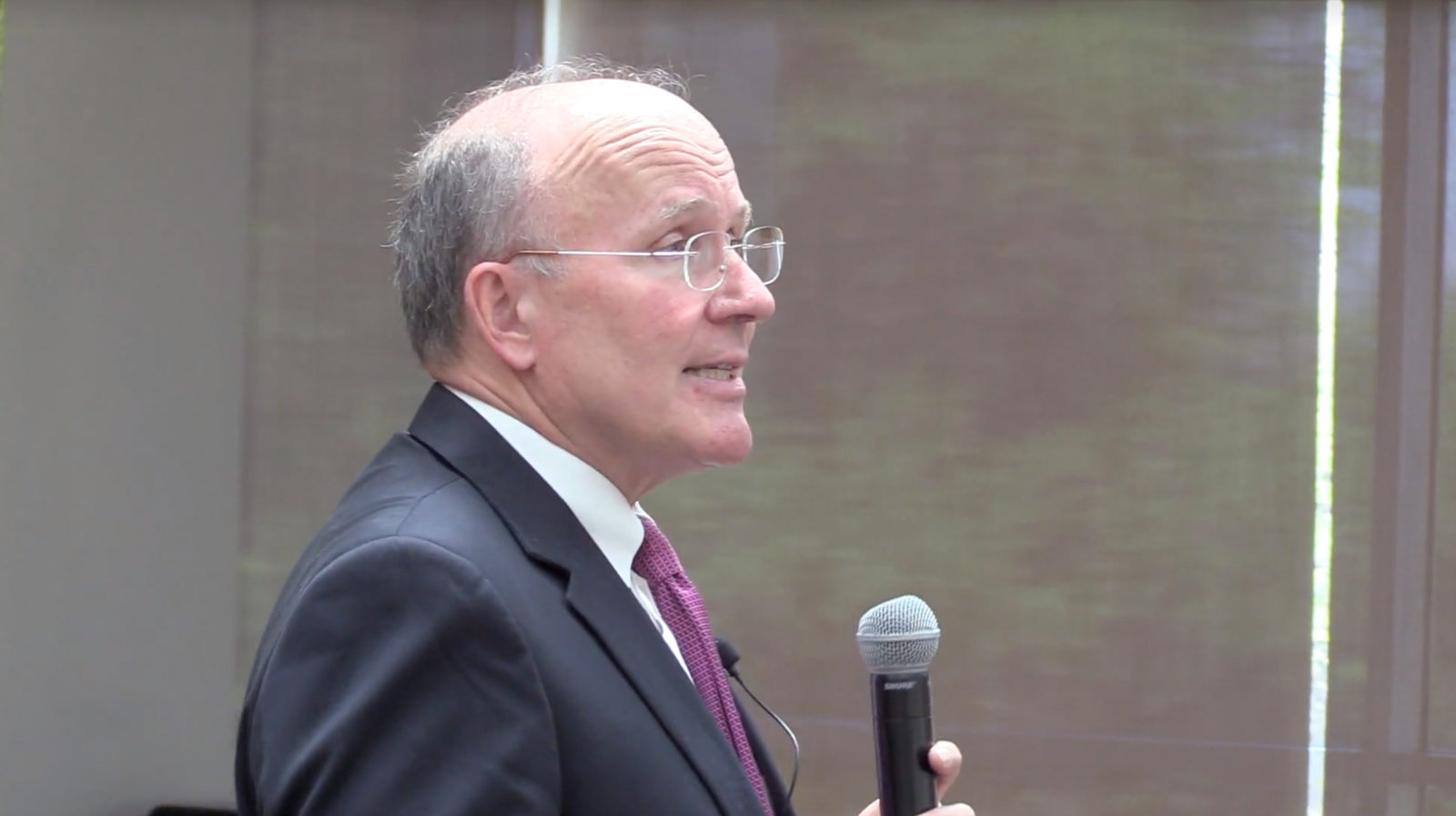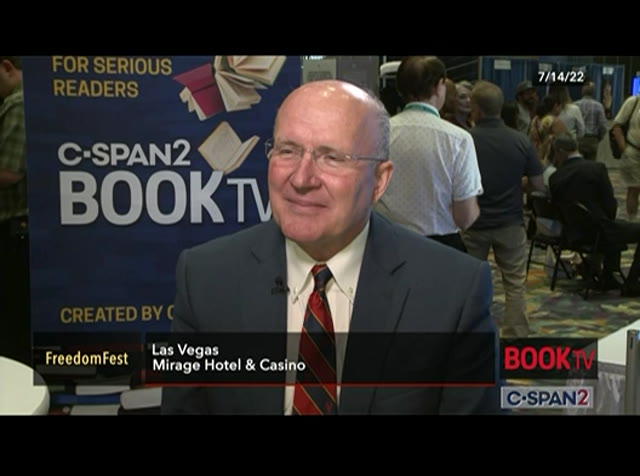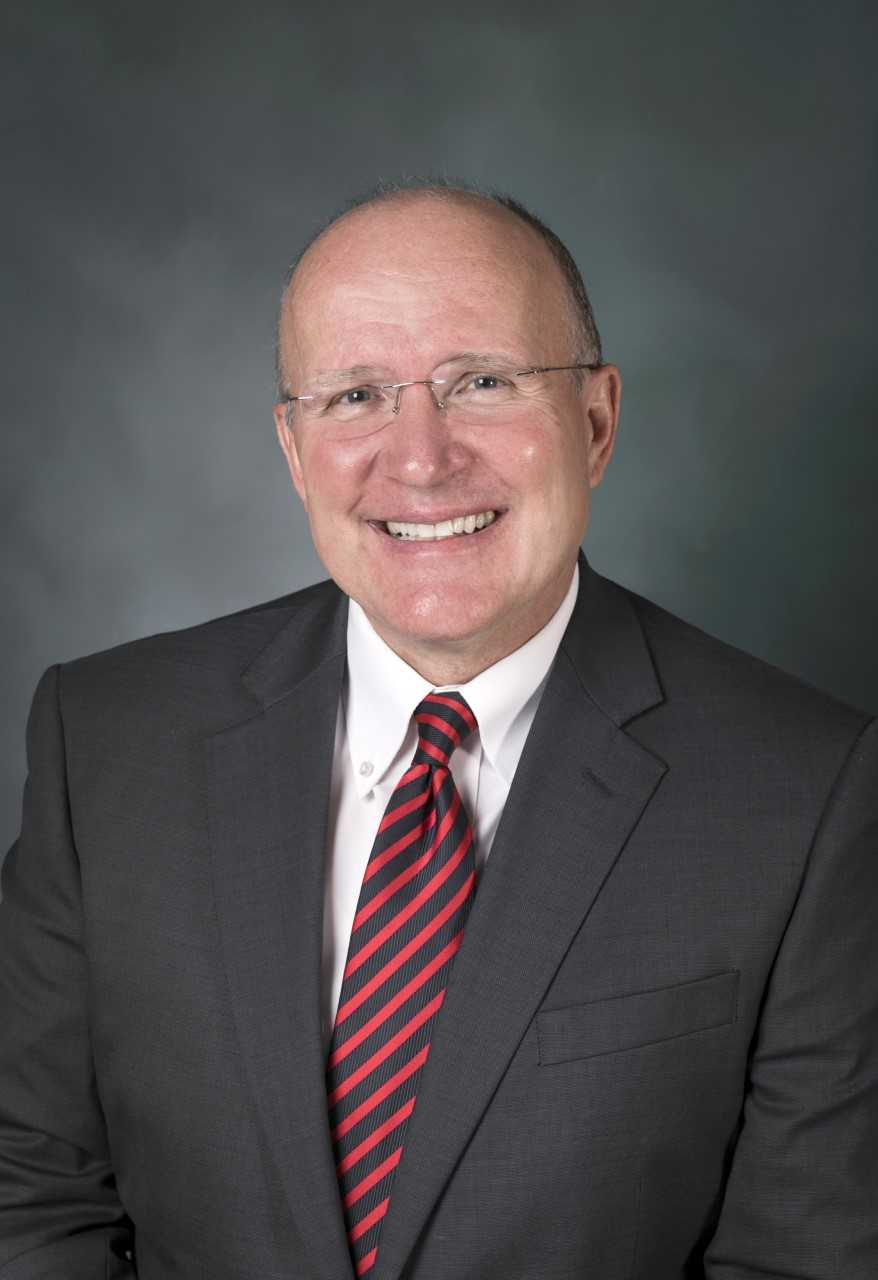Biography
Gale L. Pooley is an associate professor of business management at Brigham Young University-Hawaii. He has taught economics and statistics at Alfaisal University in Riyadh, Saudi Arabia, Brigham Young University-Idaho, Boise State University, and the College of Idaho.
Dr. Pooley earned his BBA in Economics at Boise State University. He did graduate work at Montana State University and completed his PhD at the University of Idaho. His dissertation topic was on the Knowledge Acquisition Preferences of the CEOs of the Inc. 500.
In 1986 he founded Analytix Group, a real estate valuation and consulting firm. The Analytix Group has performed over 5,000 appraisals in the U.S. and Saudi Arabia. Dr. Pooley has held professional designations from the Appraisal Institute, the Royal Institute of Chartered Surveyors, and the CCIM Institute.
He has published articles in Forbes, National Review, HumanProgress, The American Spectator, FEE, the Utah Bar Journal, the Appraisal Journal, Quillette, and RealClearMarkets.
Dr. Pooley is a Senior Fellow with the Discovery Institute and serves on the board of HumanProgress.org. He also serves on the Foundation for Economic Education Faculty Network and is a Scholar with Hawaii’s Grassroot Institute. He is also a member of the Mont Pelerin Society. He has presented at FreedomFest and the COSM Technology conference.
His major research activity has been the Simon Abundance Index, which he co-authored with Dr. Marian Tupy.
Hi book, Superabundance, explores the story of population growth, innovation, and human flourishing on what Dr. Pooley calls an “infinitely bountiful planet.” Generations of people have been taught that population growth makes resources scarcer. In 2021, for example, one widely publicized report argued that “The world’s rapidly growing population is consuming the planet’s natural resources at an alarming rate . . . the world currently needs 1.6 Earths to satisfy the demand for natural resources … [a figure that] could rise to 2 planets by 2030.” But is that true?
After analyzing the prices of hundreds of commodities, goods, and services spanning two centuries, Marian Tupy and Gale Pooley found that resources became more abundant as the population grew. That was especially true when they looked at “time prices,” which represent the length of time that people must work to buy something.
To their surprise, the authors also found that resource abundance increased faster than the population―a relationship that they call superabundance. On average, every additional human being created more value than he or she consumed. This relationship between population growth and abundance is deeply counterintuitive, yet it is true.
Videos
Gale Pooley COSM 2021 Interview
Innovation and Resource Abundance || Gale Pooley
Blog Posts

Keynote Speakers Who Tell Great Stories Get Booked More in 2026
Keynote speakers need more than craft to get booked. Learn the mindset shift that builds sustainable speaking careers.
Read More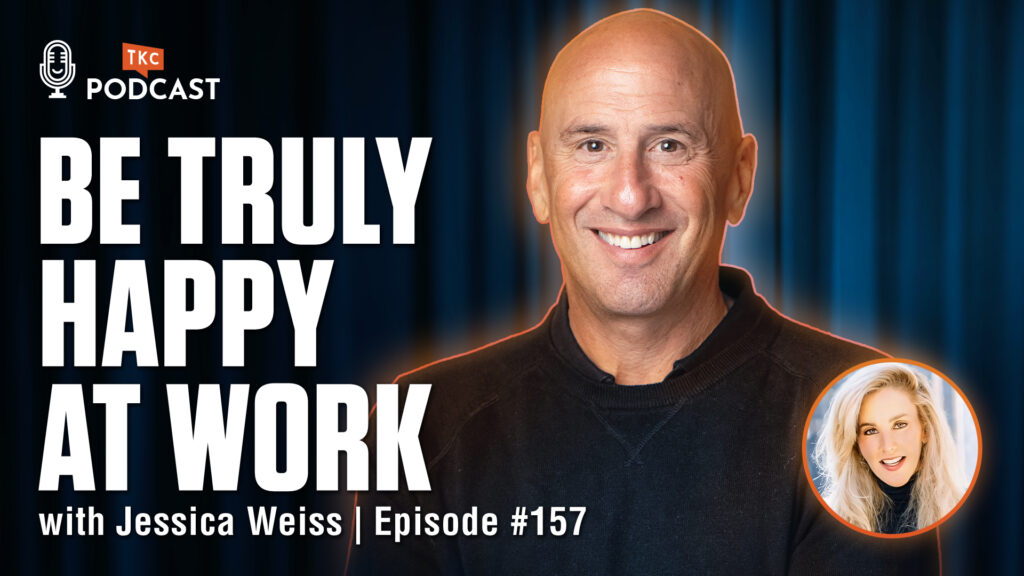
Happiness at Work Is the Performance Strategy You Need, with Jessica Weiss
Happiness at work is a performance strategy, not a perk. Learn how Jessica Weiss helps teams build real, sustainable happiness.
Read More
Emotional Intelligence Skills That Hold Up Under Pressure
Emotional intelligence is more than a buzzword. Here's what real EQ looks like under pressure, and the keynote speaking voices building it on stages in 2026.
Read More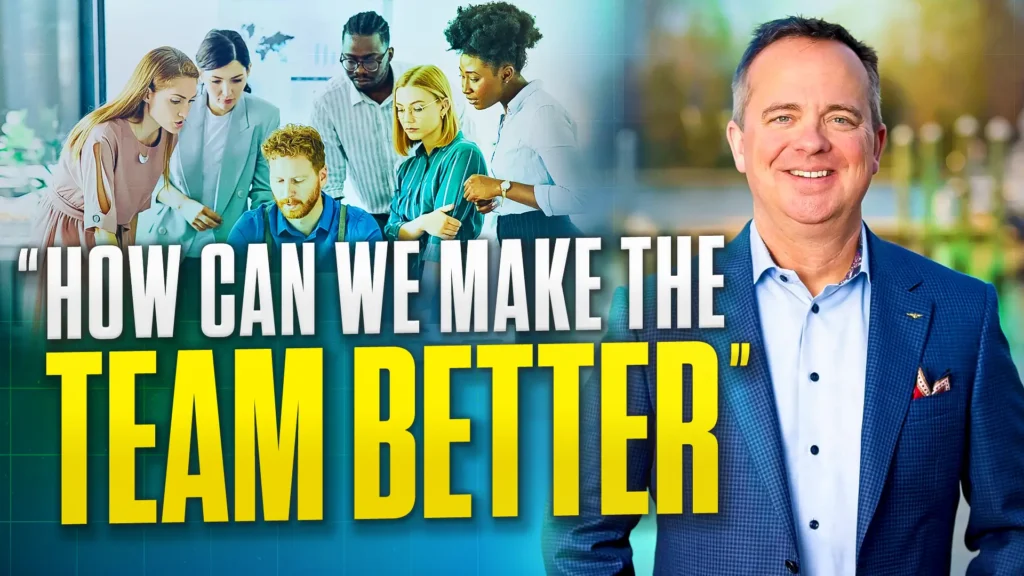
Confidence Without Vulnerability Creates Teams That Never Improve
Learn how confidence and vulnerability coexist in high-performing teams from decorated Navy fighter pilot Jack Becker's proven debrief strategies.
Read More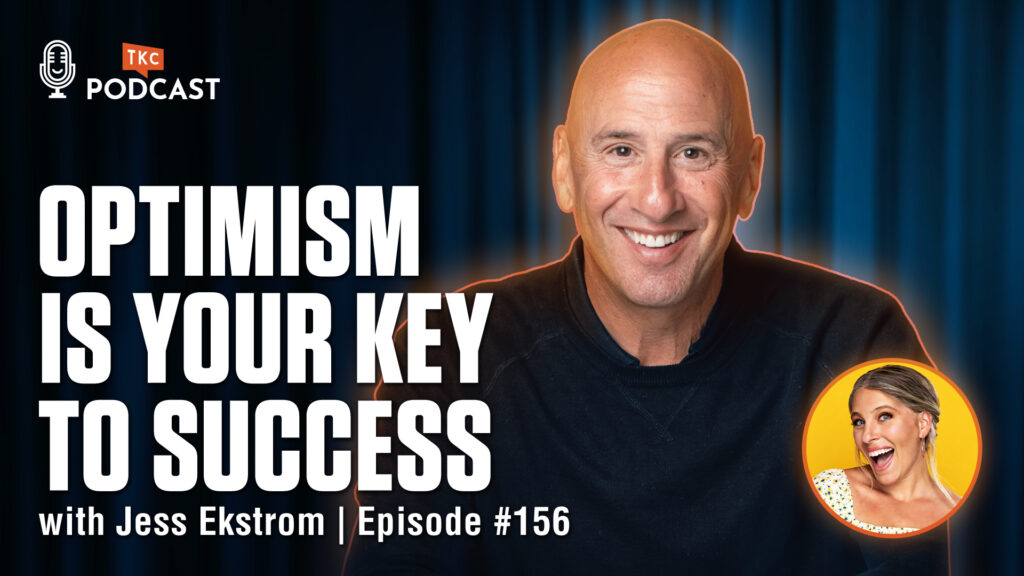
Optimism as a Strategy to Turn Setbacks into Triumphs, with Jess Ekstrom
Keynote speaker Jess Ekstrom reframes optimism as a strategy for resilience, success, and making it without burning out.
Read More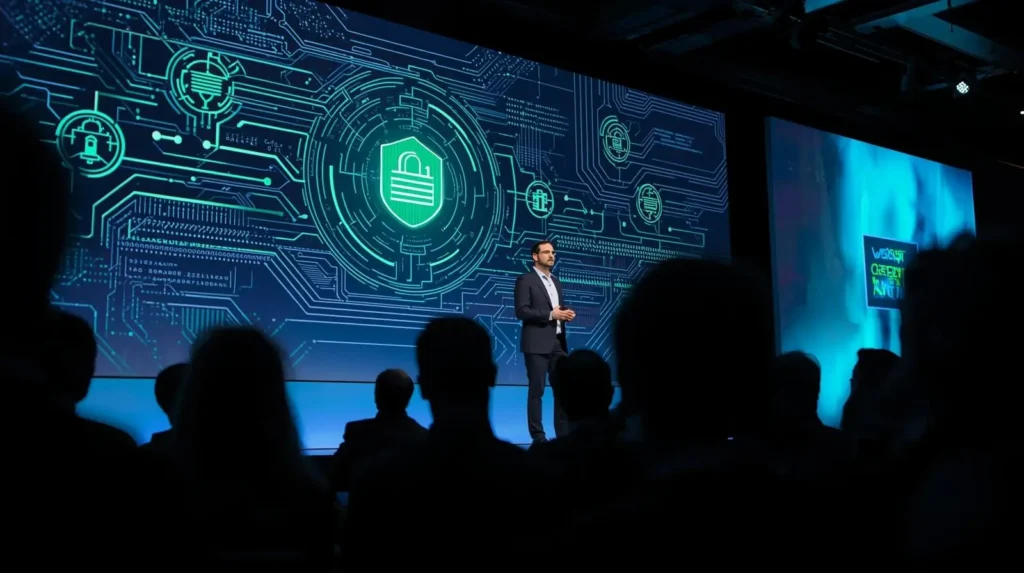
Best Artificial Intelligence Speakers for Cybersecurity Conferences (2026 Guide)
Quick Links Artificial Intelligence Speakers Healthcare Keynote Speakers Top Technology Speakers Innovation Speakers Leadership Speakers Future of Work Speakers Get Proposal (availability & fees) If you’re searching for the Best Artificial Intelligence Speakers for Cybersecurity...
Read MoreRelated Futurist Speakers
Get in TouchContact US
Fill out the form so we can best understand your needs.
A representative from The Keynote Curators will reach out to you.


